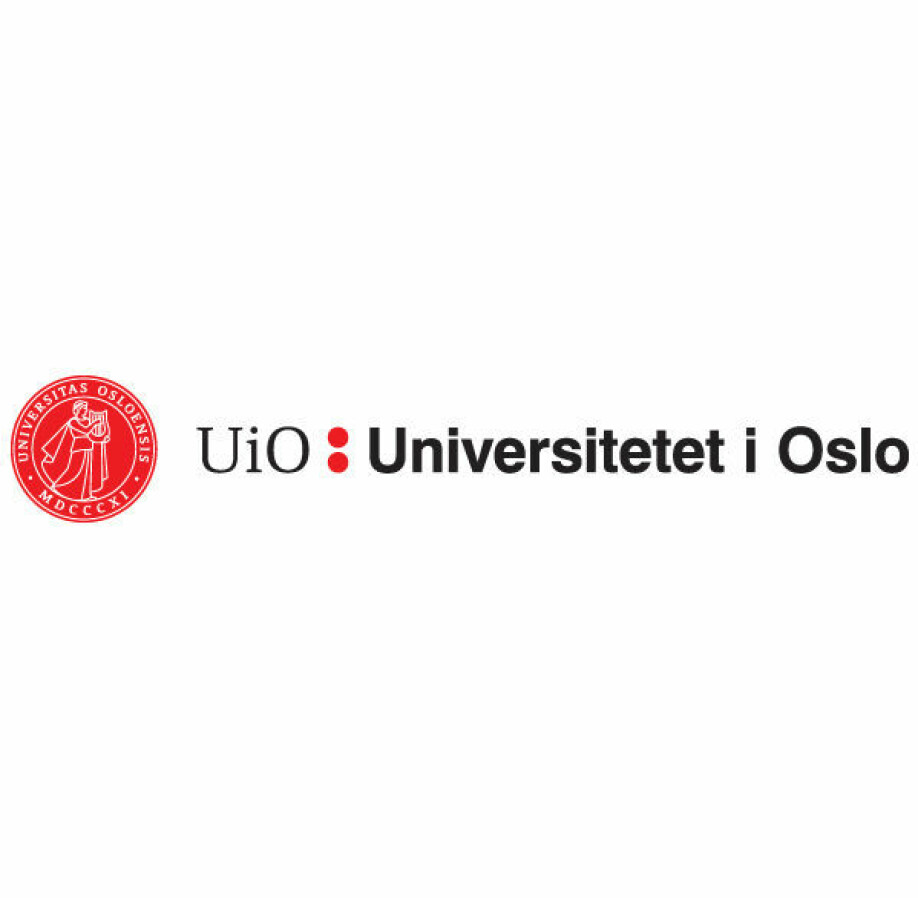Stilling:
Doctoral Research Fellow, Mathematical Learning Difficulties
Deadline 27.09.2018

Job description
Applications are invited for a 3-year position in a Research Fellowship as PhD Candidate in mathematical learning difficulties to be based at the Department of Special Needs Education, University of Oslo.The successful candidate will work within the project “(Eye) Tracking individual differences in numeracy development. Interplay between skills, motivation and well-being. (iSeeNumbers)”, funded by the FINNUT-program of the Research Council of Norway.
More about the position
The project iSeeNumbers aims to trace individual differences in children’s numeracy development from Grade 1 to Grade 3. More specifically, it aims to provide knowledge about the individual differences in numeracy development, and its interplay with other skills (language, executive functions), motivation (interest, perceived competence), and well-being (school value, math anxiety), as to better understand the mechanisms behind the numeracy development. Furthermore, the aims of the project are to reveal processes and strategies children use while executing numeracy tasks, by analyzing their eye movements, and to acknowledge physiological responses (heart rate and skin conduction) and their relation to math anxiety.
The successful candidate is expected to contribute especially into the area of numeracy development, including eye tracking. Furthermore, the candidate would take part in the development of (eye tracking) numeracy measures, data collection and analyses, and reporting results in international scientific journals, together with senior researchers.
The research fellow must take part in the Faculty’s approved PhD program. The main purpose of the fellowship is research training leading to the successful completion of a PhD degree. The fellowship period is 3 years and devoted to research education, with a possible 1-year extension of compulsory work, which consists of teaching and supervision duties and research assistance.
The applicant must, in collaboration with her/his supervisor, within 3 months after employment, have worked out a complete project description to be attached to the application for admission to the doctoral program. For more information, please see our web site:
http://www.uv.uio.no/english/research/phd/
Qualification requirements
- applicants must hold a Master’s degree or equivalent in special needs education, educational psychology, or in a related field. A Master’s degree (120 ECTS) or an equivalent qualification, with minimum grade B (ECTS grading scale) or equivalent. The Master’s degree must include a thesis of at least 30 ECTS. Topic of the master thesis related to mathematical learning difficulties is considered as an advantage.
- fluent oral and written communication skills in English and Norwegian
Personal skills
In addition, the following qualifications will count in the assessment of the applicants:
- knowledge about the development of mathematical skills, mathematical learning difficulties, assessment, and eye-tracking
- experience with assessment of mathematical or other developmentally relevant skills in children
- experience of analyzing data with statistical packages such as SPSS or R
- plans for high-quality research within the project, as evidenced by a required 2–3 page outline of research
- experience with working in kindergartens, schools and/or with teachers
- to work independently and interactively in a team setting, to be ambitious and highly motivated for pursuing a career in science
We offer
- a stimulating and attractive working environment
- collaboration with researchers within Norway and internationally
- salary NOK 449 400 – 505800 per annum depending on qualifications in a position as PhD Research fellow, (position code 1017)
- attractive welfare benefits and a generous pension agreement, in addition to Oslo’s family-friendly environment with its rich opportunities for culture and outdoor activities
How to apply
The application must include
- letter of application (1-2 pages). Please describe your motivation for applying for this position and explain how your background, research and experience are relevant to the research project.
- outline of research (2-3 pages). Please describe the research topics, with possible research questions, you would be interested in investigating within the aims of the project. Provide some theoretical background (with key references) to reason your choices.
- CV (summarizing education, positions and academic work)
- copies of educational certificates (academic transcripts only)
- a complete list of publications and academic works
- list of reference persons: 2-3 references (name, relation to candidate, e-mail and phone number)
The application with attachments must be delivered in our electronic recruiting system, please follow the link: “Apply for this job”. Foreign applicants are advised to attach an explanation of their University's grading system. Please note that all documents should be in English.
When evaluating the application, emphasis will be given to the applicant’s academic and personal prerequisites, and to the outline of research. Applicants may be called in for an interview.
Formal regulations
Please see the guidelines and regulations for appointments to Research Fellowships at the University of Oslo.
According to the Norwegian Freedom and Information Act (Offentleglova) information about the applicant may be included in the public applicant list, also in cases where the applicant has requested non-disclosure.
The appointment may be shortened/given a more limited scope within the framework of the applicable guidelines on account of any previous employment in academic positions.
The University of Oslo has an agreement for all employees, aiming to secure rights to research results etc.
Contact information
- Associate Professor Riikka-Maija Mononen, Phone: +47 22855638 , r.m.mononen@isp.uio.no






